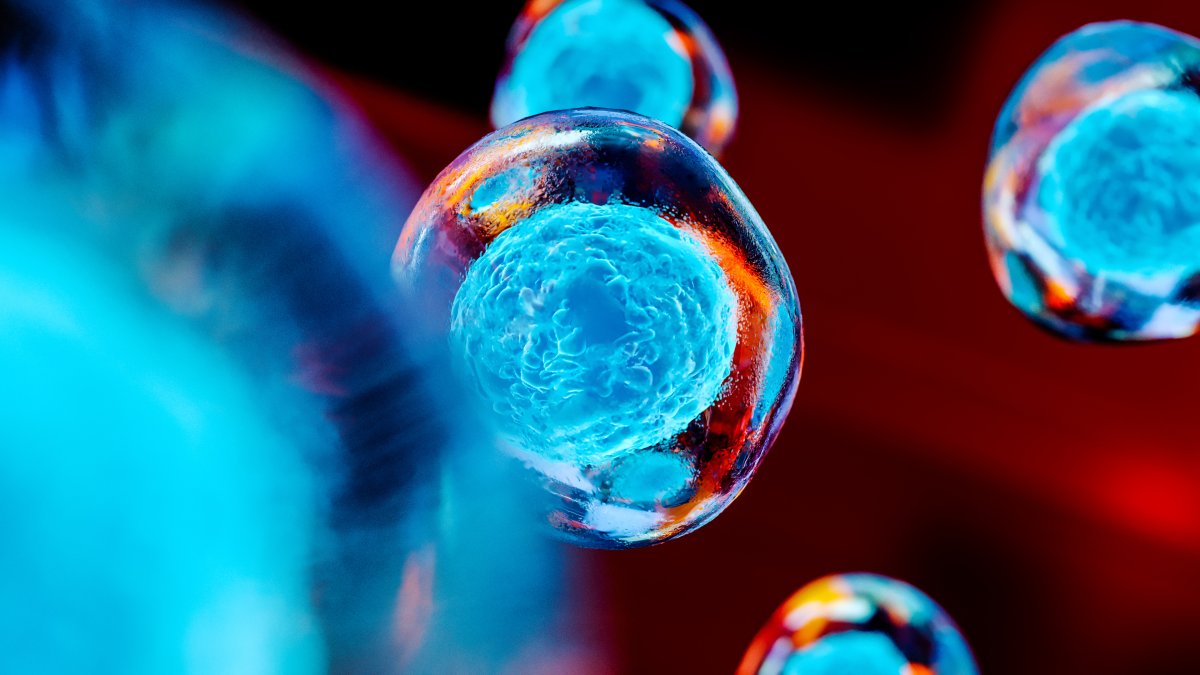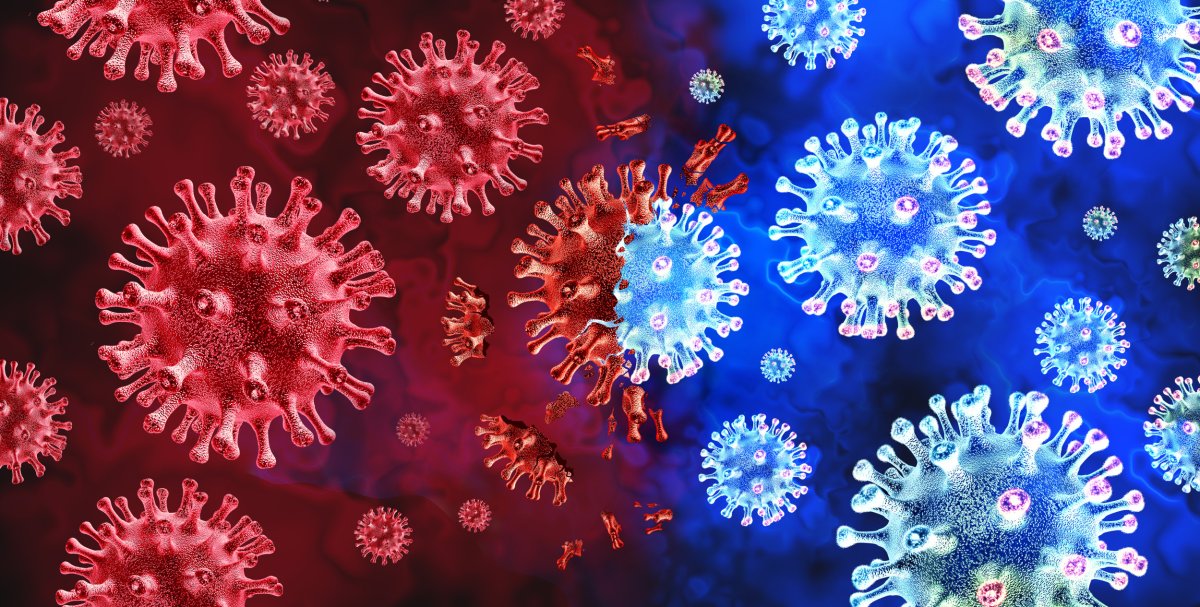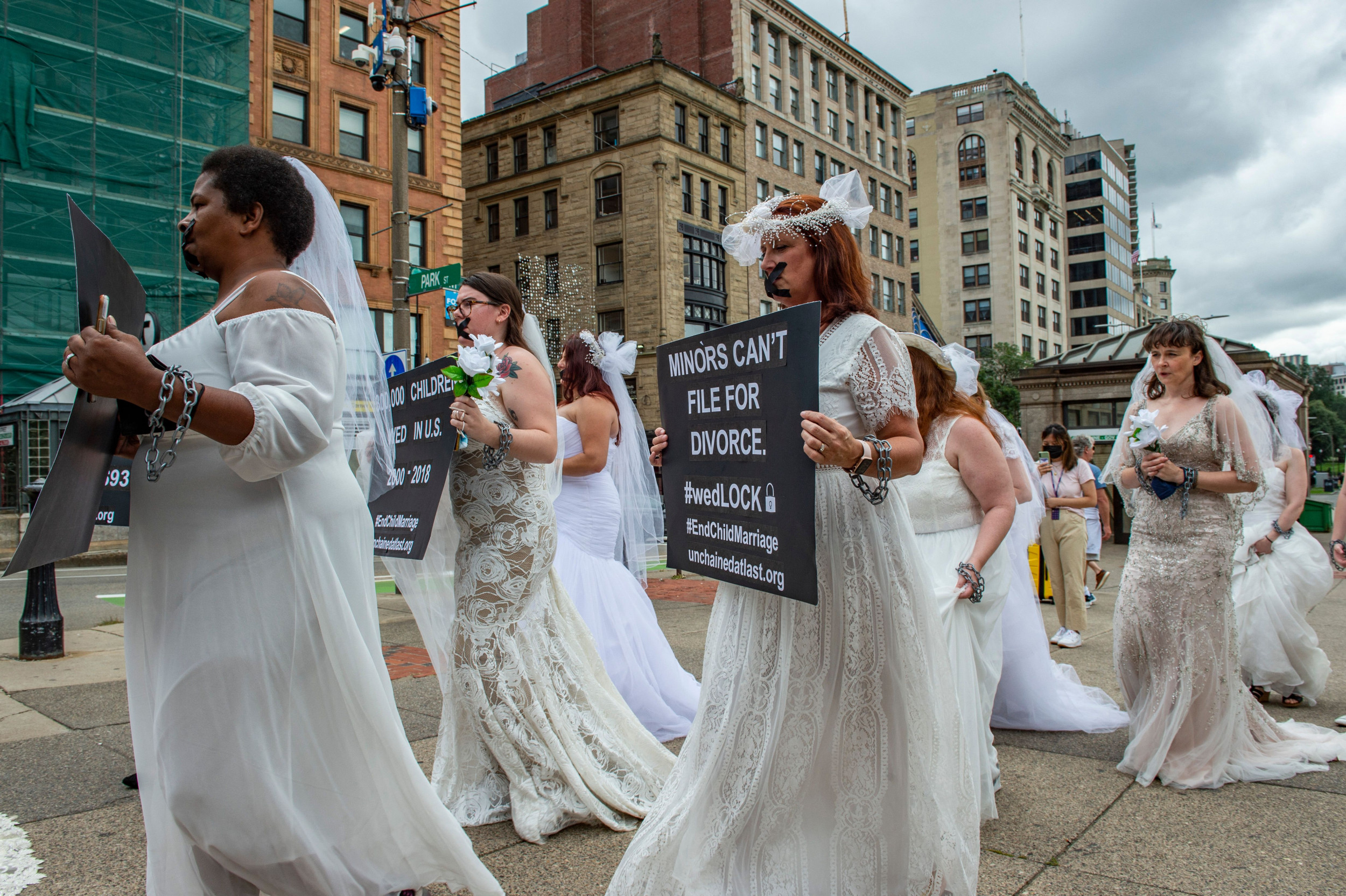Dozens of health clinics across the country are selling unauthorized stem cell treatments purported to prevent and treat the side effects of COVID-19.
Thirty-eight businesses serving around 60 clinics in the United States, Mexico, and elsewhere are providing stem cell treatments and exosome therapies, most of which also claim to treat Long Covid, according to a new paper in the journal Stem Cell Reports.
Long Covid is a term for the long-term effects of a COVID-19 infection with symptoms including tiredness, fevers, shortness of breath, coughing and chest pain, brain fog, dizziness, anxiety and depression, and digestive symptoms, according to the CDC.
These treatments have not been approved by the Food and Drug Administration (FDA) or other national regulators and "do not appear to be supported by convincing safety and efficacy data," the authors wrote in the paper.
"The businesses my team and I analyzed made a variety of claims about treating or preventing COVID-19," Leigh Turner, a bioethics professor at the University of California, Irvine, and lead author of the paper, told Newsweek.
"Most of them claimed the stem cell and exosome interventions they market are able to treat symptoms associated with Long COVID. For example, they claimed their products would address brain fog, relieve fatigue, alleviate shortness of breath, and otherwise reduce or eliminate symptoms associated with Long COVID.
"Businesses claimed their products could have an immunomodulatory function (affecting the immune system), restore damaged lungs, repair damage caused by the SARS-CoV-2 virus, or otherwise help patients.
"The problem with these statements is that the businesses we examined market these purported treatments without first developing evidence to support their claims," Turner said.

Stem cell treatments work by inserting stem cells into a patient, where they will grow and adapt to the chosen tissue, repairing damage. These treatments are usually very specific, and the stem cells will have been prepared and possibly genetically modified to best perform in the tissue or organ that requires healing. Exosome therapy uses exosomes, which are tiny particles found within stem cells, to deliver proteins and other molecules to areas that need treatment.
"As yet there are no evidence-based exosome therapies. There are evidence-based stem cell treatments, but they are mainly for patients with various cancers of the blood and selected immunological diseases," Turner said.
"Known as hematopoietic stem cell transplantation, cells are typically obtained from human bone marrow, peripheral blood, or umbilical cord blood, and administered to patients with such diseases as acute lymphoblastic leukemia, acute myelogenous leukemia, aplastic anemia, and various immune defiencies.
"The stem cell transplants are meant to treat patients by reestablishing blood cell production in patients with dysfunctional bone marrow. However, such stem cell transplants for patients with cancer of the blood are very different from the stem cell transplants performed by the businesses we studied."
These types of treatment must undergo rigorous investigation before being approved by a body such as the FDA, which none of the alleged Long Covid treatments have. Additionally, injecting undifferentiated pluripotent stem cells into a patient is unsafe, as it could cause tumors to form. In the past, unproven stem cell treatments have led to patients being blinded, infected with dangerous pathogens, or even paralyzed.
These treatments can still be advertised legally without FDA approval, however.
"Most stem cell interventions need to be approved by the FDA before they can be marketed as treatments and administered to patients. There are some exceptions, such as hematopoietic stem cell transplants for patients with different kinds of cancers of the blood," Turner said.
"However, acknowledging some exceptions, most stem cell treatments need to be approved by the FDA before they can be marketed. The businesses we studied were selling purported stem cell treatments and exosome therapies that were not approved by the FDA or other national regulators.
"In addition to lacking regulatory approval, they were not backed by convincing safety and efficacy data from well-designed clinical trials. Rather, the businesses made marketing claims but did not have credible evidence to back those claims."
The stem cell treatments claiming to treat Long Covid have not been approved or even proven to actually do what they say on the tin.
Twenty-four of the 60 clinics providing these treatments are U.S.-based, while a further 22 are in Mexico, and several others are found across the Cayman Islands, Guatemala, Malaysia, Panama, Philippines, Poland, Spain, Thailand, Ukraine and the United Arab Emirates, the paper reveals
Before these clinics claimed to treat Long Covid, many of them said they could treat acute COVID-19 symptoms during the spring of 2020 or even prevent the infection altogether.
"It's a shape-shifting marketplace," Turner said in a statement. "Some businesses stopped marketing after receiving warning letters from the Food and Drug Administration or the Federal Trade Commission. Other companies and clinics have entered the marketplace and in some cases apparently managed to avoid detection by regulatory bodies and law enforcement agencies."

Not only are these treatments potentially useless or even harmful, but they are also extortionate: "The least expensive product cost $2,950, the most expensive was $25,000, and the average listed cost for patients was $11,322," the authors wrote in the paper.
"In addition to the possibility of being harmed by these products, there's also the possibility of being scammed out of thousands of dollars," Turner said in the statement.
The authors hope that their findings will help stem cell therapies be ruled as requiring FDA approval before they can reach people, as currently, marketers of unproven stem cell-based interventions can make exaggerated claims about the effects of their products.
"There was a robust response from regulatory bodies and law enforcement agencies to companies making unsubstantiated claims in the early days of the pandemic," Turner said in the statement. "I hope this study encourages regulatory bodies and law enforcement agencies in these countries to continue to act in response to these businesses, which are putting patients at risk of physical injuries and financial losses by using misleading marketing representations to sell unapproved and unproven products."
Do you have a tip on a science story that Newsweek should be covering? Do you have a question about stem cell treatments? Let us know via science@newsweek.com.
Update 10/30/2023 8:55 a.m. ET: This article was updated with comment from Leigh Turner.
Uncommon Knowledge
Newsweek is committed to challenging conventional wisdom and finding connections in the search for common ground.
Newsweek is committed to challenging conventional wisdom and finding connections in the search for common ground.
About the writer
Jess Thomson is a Newsweek Science Reporter based in London UK. Her focus is reporting on science, technology and healthcare. ... Read more
To read how Newsweek uses AI as a newsroom tool, Click here.








